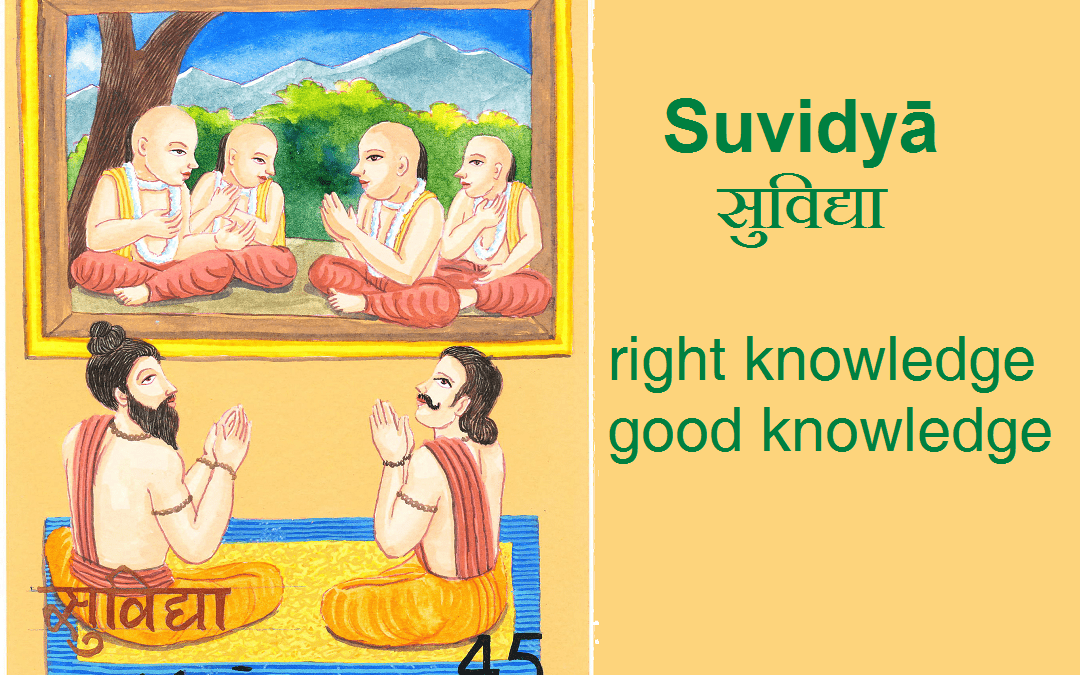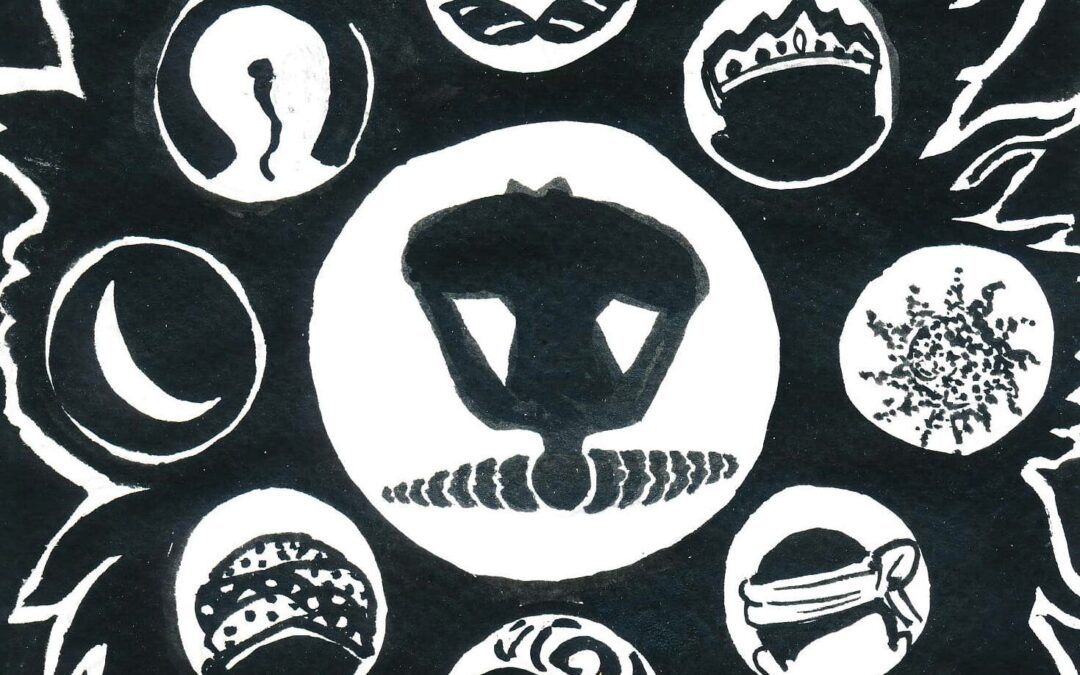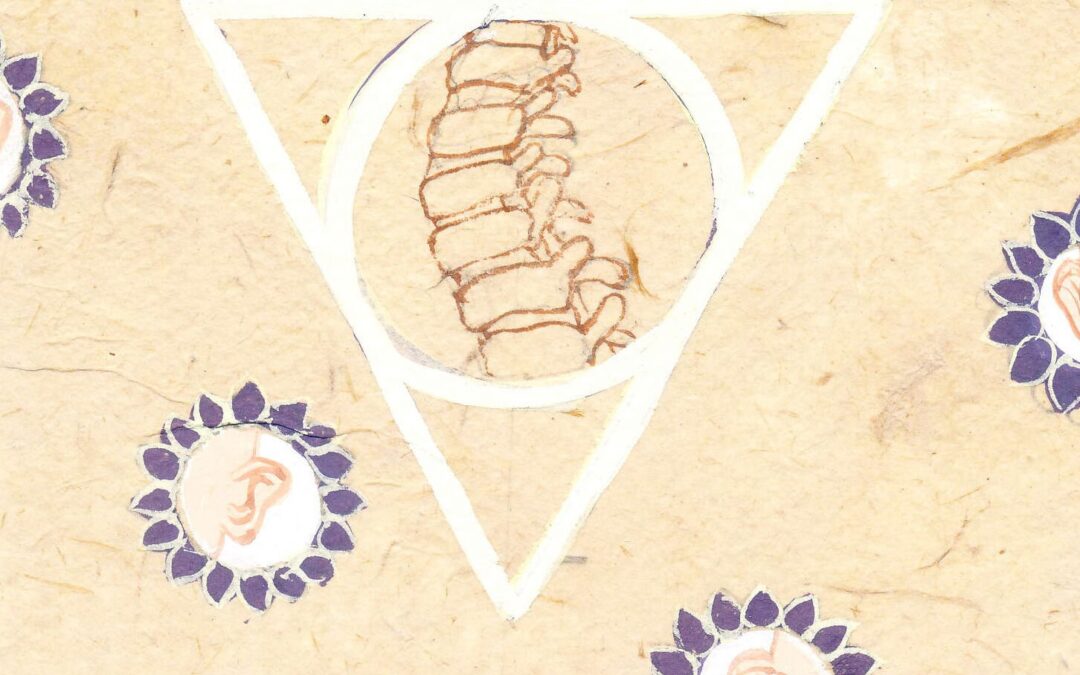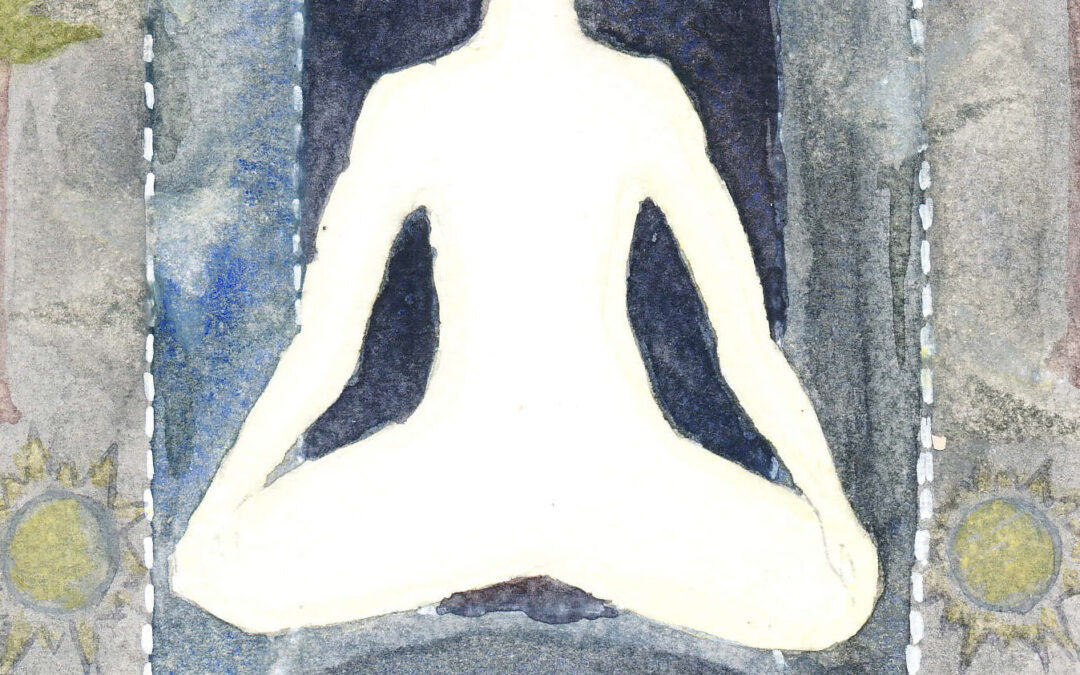
by the narrator | Sep 26, 2016 | Experience and Knowledge - I am the parent |
Right knowledge, correct awareness. “suvidyā” is “knowledge of the self within”, and with this knowledge the player rises to the plane of shiva, the rudraloka. While gyān is the realisation of advaita through reflection and meditation, suvidyā is realisation of the infinite-self through understanding and inquiry.

by the narrator | Sep 26, 2016 | Experience and Knowledge - I am the parent |
ignorance, lack of knowledge or information. “avidyā” is “ignorance of the self within”. The evolved man of manuṣya janma is also vulnerable to ignorance of the “self within”. The very instance of creation on this planet pervaded by māyā, renders him vulnerable to “avidyā”. If the player lands here, he indulges in this ignorance and falls down to the 1st stage, the realm of kāma (desire).

by the narrator | Sep 26, 2016 | Experience and Knowledge - I am the parent |
Birth of the evolved human, is the experience of the player as an “evolved person”. This is the being of the “satayuga”. The man who has just been created by the progenitors of the human race is the most powerful of ascetics. The player here easily reasons and relates to the truth and the ultimate reality.

by the narrator | Sep 26, 2016 | Experience and Knowledge - I am the parent |
fire pit, a pit dug into the ground for keeping a fire used for cooking or warmth. “agnikuṇḍ” is used to venerate the fire-god agni. agni is an immortal among mortals. The progenitors, the ascetics of the jana loka used the fire pit to perform yajna. Through this yajna they created different beings and populated the earth.

by the narrator | Sep 26, 2016 | Experience and Knowledge - I am the parent |
world of progenitors, the plane of knowledge. “jana loka” is plane of the progenitors of the human race. This plane on the game board is bounded by gyān and suvidyā at its ends. This is also the plane of divine wisdom. Only after the mind has been calmed (maharloka), is it conditioned to be initiated into divine wisdom. The wisdom beyond the self, that which inspires paramārth (actions with the highest benefit to all) resides here.

by the narrator | Sep 26, 2016 | Experience and Knowledge - I am the parent |
energy of balance, vacant, one of the five breaths. “vayāna” (balanced energy) empowers the distribution and communication systems of the body. It integrates and coordinates the other four prāna vāyus, keeping them balanced and nourished. A pervasive and expansive force, vayāna governs the movement of prāna through the nāḍī (energy channels); the movement of energy through the circulatory system and the nervous system; and the free flow of thoughts and feelings in the mind.

by the narrator | Sep 26, 2016 | Experience and Knowledge - I am the parent |
strength, hidden, one of the five breaths. “apāna” (energy released) is the energy that flows downwards through our intestines and is expelled. It is the reason for urination, defecation, child birth and ejaculation. When apāna is weak, we become susceptible to illness, fear, doubt, confusions, insecurity, and loss of purpose. In this cell, the player learns the different techniques to control and use the apāna energy to cleanse her system. Practicing hath yoga, various āsanas and good tendencies (habits) help the player cleanse her physical self and use the gross body to realise liberation.

by the narrator | Sep 26, 2016 | Experience and Knowledge - I am the parent |
Liveliness, the quality of being outgoing, energetic, and enthusiastic. Spirit, the prevailing or typical quality, mood, or attitude of a person, group, or period of time. One of the five breaths. “prāna” (life energy) is the energy we “draw in” from our environment to sustain life. Life and consciousness are distinct from each other. Life is the vehicle through which consciousness manifests and prāna is the energising force of life.

by the narrator | Sep 26, 2016 | Experience and Knowledge - I am the parent |
knowledge, facts, information, and skills acquired through experience or education. Awareness, perception of a situation or fact. “gyāna” (true awareness / true knowledge) is a realisation that leads to the experience of bliss. A player who lands on this cell discovers reality through insight, practice and knowledge.









Recent Comments